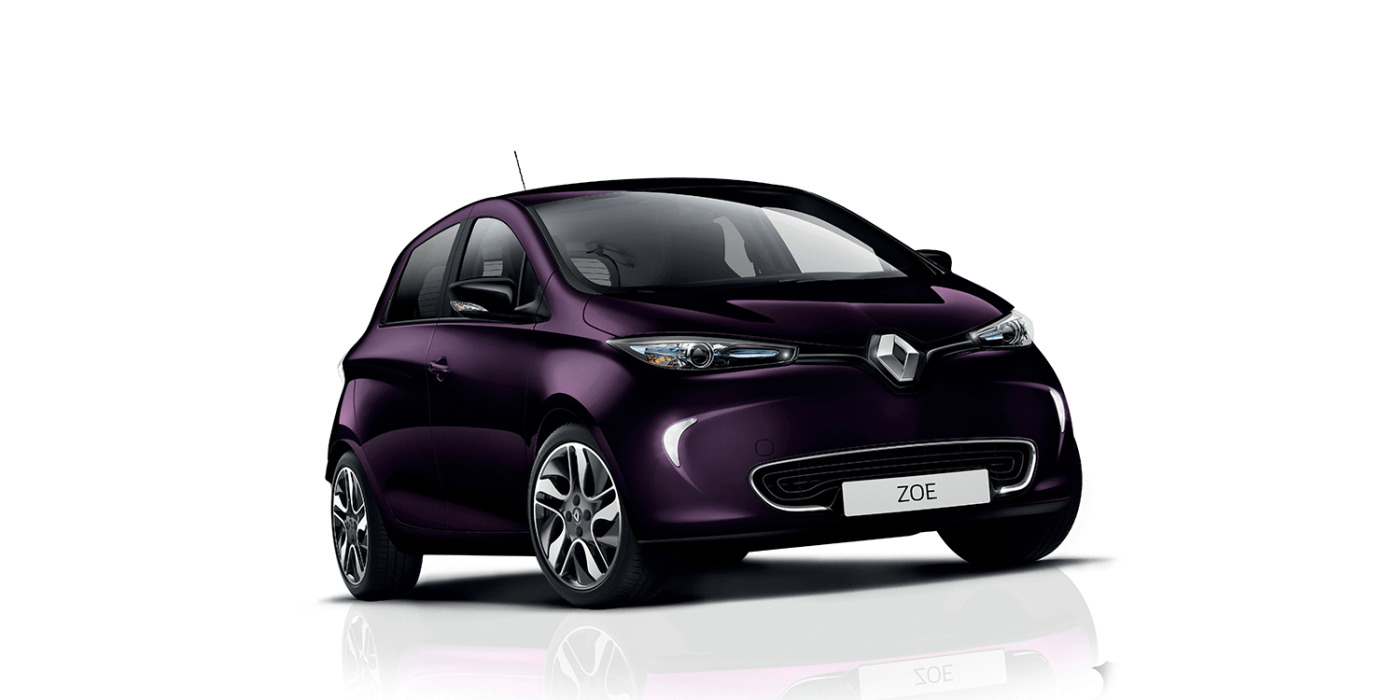Women most likely to buy electric cars – if asked right
Women make smarter choices a new study suggests. Researchers looked at how perceptions and attitudes towards electric vehicles differ by gender and other variables in Scandinavia and found that highly educated women would make an ideal target group for EVs. Yet they are largely overlooked.
Researchers at the University of Sussex and Aarhus University in Denmark looked at various factors for EV adoption and acceptance and how they differ by gender, education, occupation, age and household size.
Participants came from Denmark, Finland, Iceland, Sweden and Norway – the logical testbed as they lead in market share of electric vehicles in Europe.
What the researchers found was astonishing in some aspects as they not only identified women as likely buyers of electric cars (the author would expect that much) but mostly uncovered a gap. Manufacturers overlook this large pool of future buyers, say the researchers, thus leaving much potential untapped while ultimately delaying a turn in mobility.
Explains Professor Benjamin Sovacool, lead author of the study and Director of the Centre on Innovation and Energy Demand (CIED) at the University of Sussex: “The sooner that electric vehicle manufacturers and policymakers understand how these factors influence the decisions people make about their transport choices, the quicker people will switch to more sustainable modes of transport.”
Essentially women have different reasons for buying a car than men. The study found that women drive fewer kilometres per day, so range angst is less of a real problem. They also expect to pay less for their next car, which remains an issue. They also have less experience of driving electric vehicles than men, find the research. This indicates that so far the market has failed to address a female audience.
The researchers also found women rank ease of operation, safety, running costs and environmental impact higher when opting for a new car – making electric vehicles a good fit for their specification.
This is not to say that men do not drive electric vehicles. Particularly those aged between 30 and 45 years with higher levels of education, working in the not-for-profit sector or academia, are more than twice as likely to own electric cars than women. The men in question however, do not buy electric cars because of the environmental benefits but prioritise aspects such as comfort or acceleration.
sciencedirect.com (download full study) via sussex.ac.uk


0 Comments